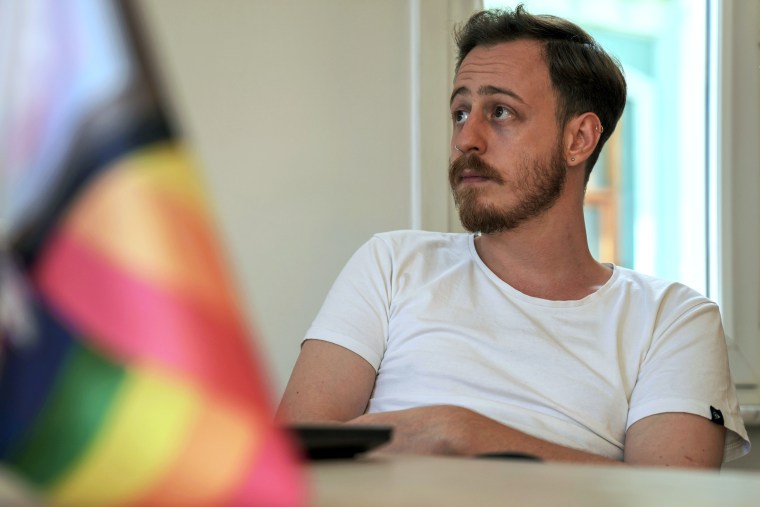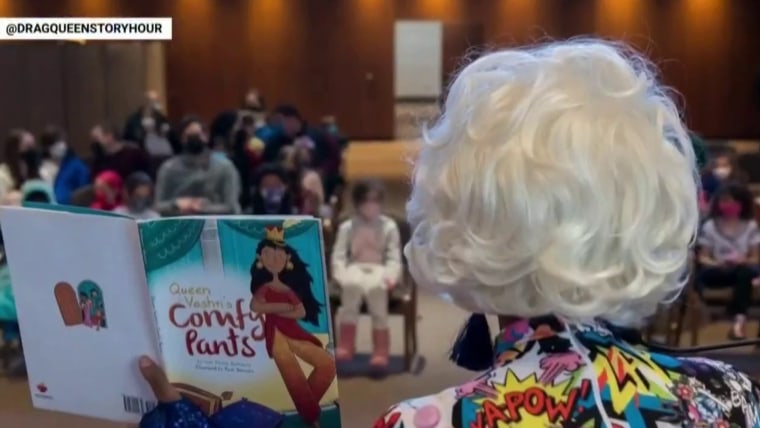Russian court sets Brittney Griner appeal for Oct. 25
A Russian court on Monday set Oct. 25 as the date for American basketball star Brittney Griner’s appeal against her nine-year prison sentence for drug possession.
Griner, an eight-time all-star center with the WNBA’s Phoenix Mercury and a two-time Olympic gold medalist, was convicted Aug. 4 after police said they found vape canisters containing cannabis oil in her luggage at Moscow’s Sheremetyevo Airport.
The Moscow region court said it will hear her appeal.
Griner admitted that she had the canisters in her luggage, but testified that she had inadvertently packed them in haste and that she had no criminal intent. Her defense team presented written statements that she had been prescribed cannabis to treat pain.

Court date for Brittney Griner appeal set for Oct. 25
OCT. 3, 202200:23
Her February arrest came at a time of heightened tensions between Moscow and Washington, just days before Russia sent troops into Ukraine. At the time, Griner, recognized as one of the greatest players in WNBA history, was returning to Russia, where she played during the U.S. league’s offseason.
The nine-year sentence was close to the maximum of 10 years, and Griner’s lawyers argued after the conviction that the punishment was excessive. They said in similar cases defendants have received an average sentence of about five years, with about a third of them granted parole.
Before her conviction, the U.S. State Department declared Griner to be “wrongfully detained” — a charge that Russia has sharply rejected.
Reflecting the growing pressure on the Biden administration to do more to bring Griner home, U.S. Secretary of State Antony Blinken took the unusual step of revealing publicly in July that Washington had made a “substantial proposal” to get Griner home, along with Paul Whelan, an American serving a 16-year sentence in Russia for espionage.
Blinken didn’t elaborate, but The Associated Press and other news organizations have reported that Washington has offered to exchange Griner and Whelan for Viktor Bout, a Russian arms dealer who is serving a 25-year sentence in the U.S. and once earned the nickname the “merchant of death.”
The White House said it has not yet received a productive response from Russia to the offer.
Russian diplomats have refused to comment on the U.S. proposal and urged Washington to discuss the matter in confidential talks, avoiding public statements.
U.S. President Joe Biden met last month with Cherelle Griner, the wife of Brittney Griner, as well as the player’s agent, Lindsay Colas. Biden also sat down separately with Elizabeth Whelan, Paul Whelan’s sister.
The White House said after the meetings that the president stressed to the families his “continued commitment to working through all available avenues to bring Brittney and Paul home safely.”
The Biden administration carried out a prisoner swap in April, with Moscow releasing Marine veteran Trevor Reed in exchange for the U.S. releasing a Russian pilot, Konstantin Yaroshenko, convicted in a drug trafficking conspiracy.


















